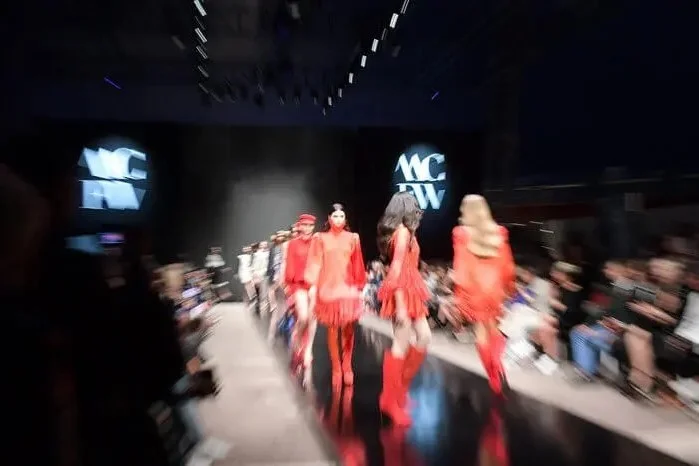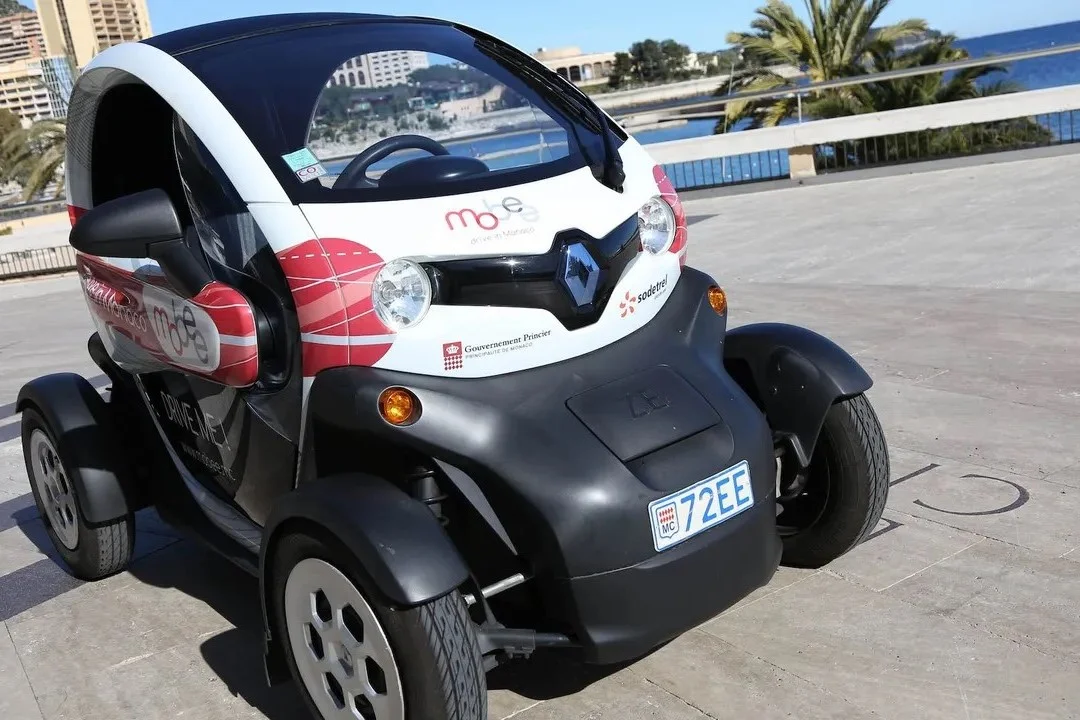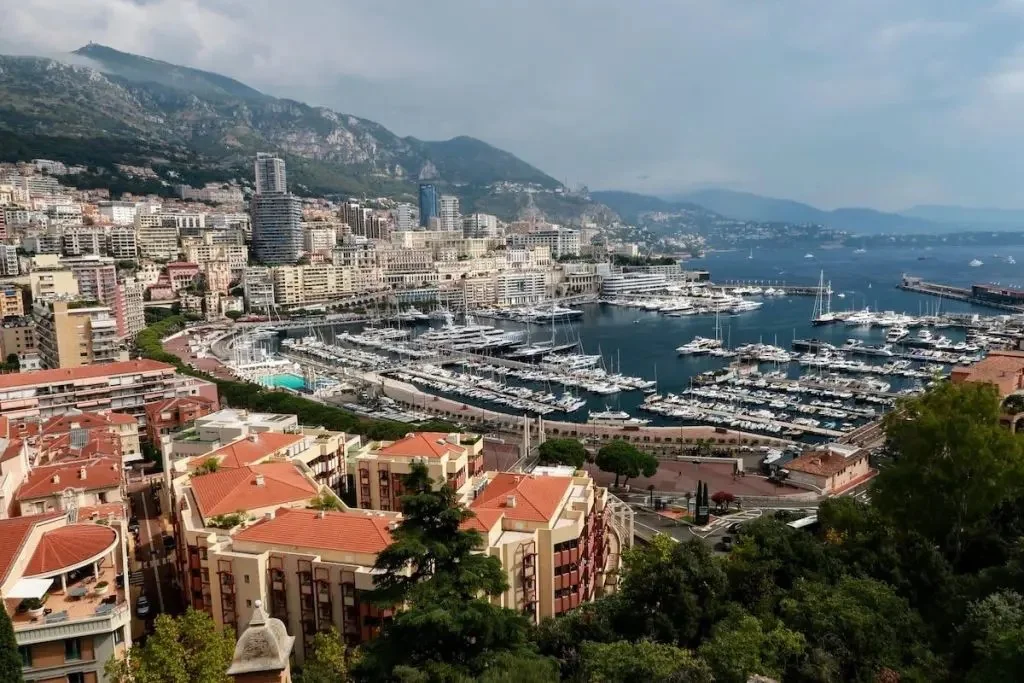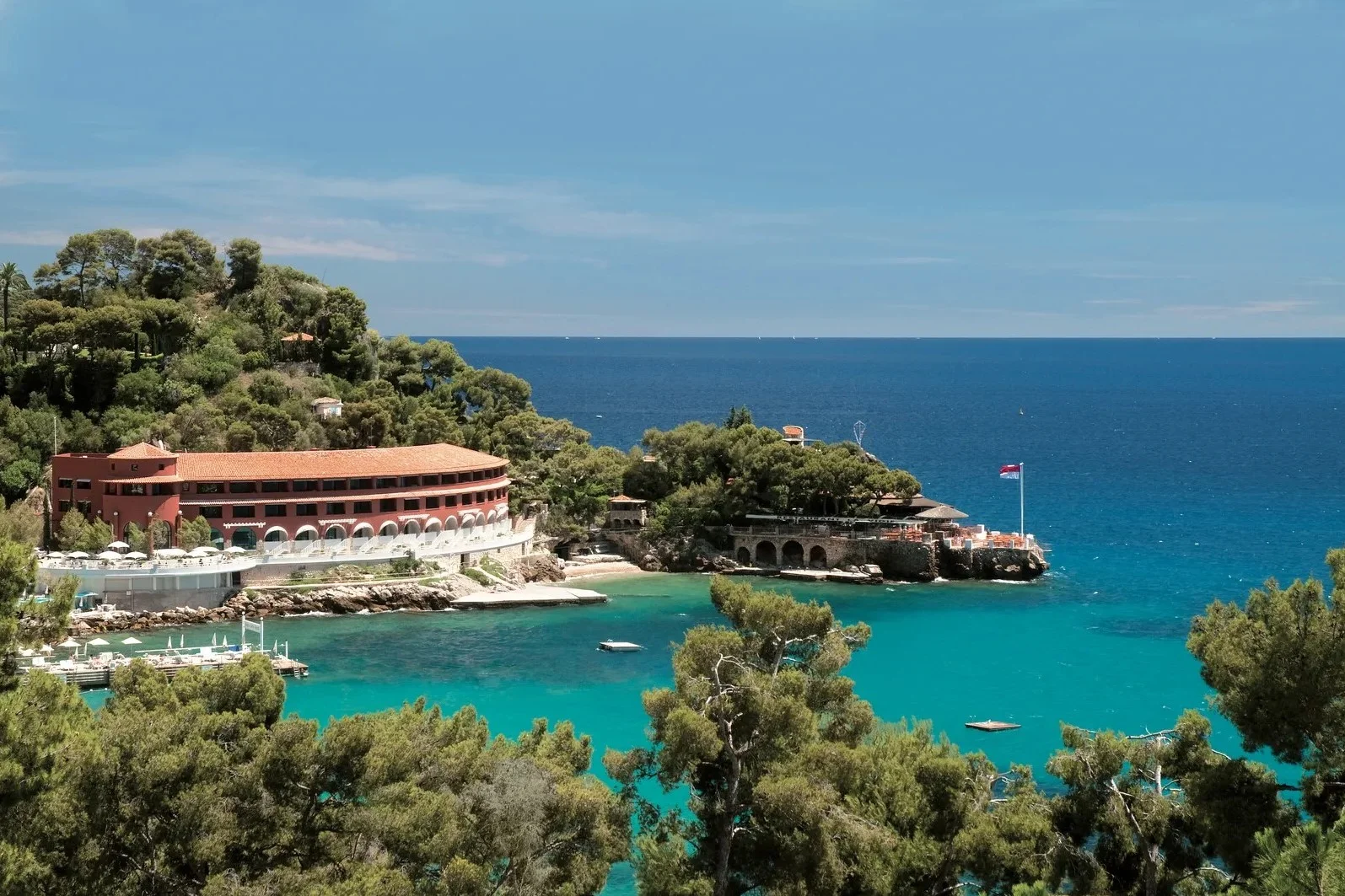CleanEquity: How impact investment took off in Monaco long before it was a trend
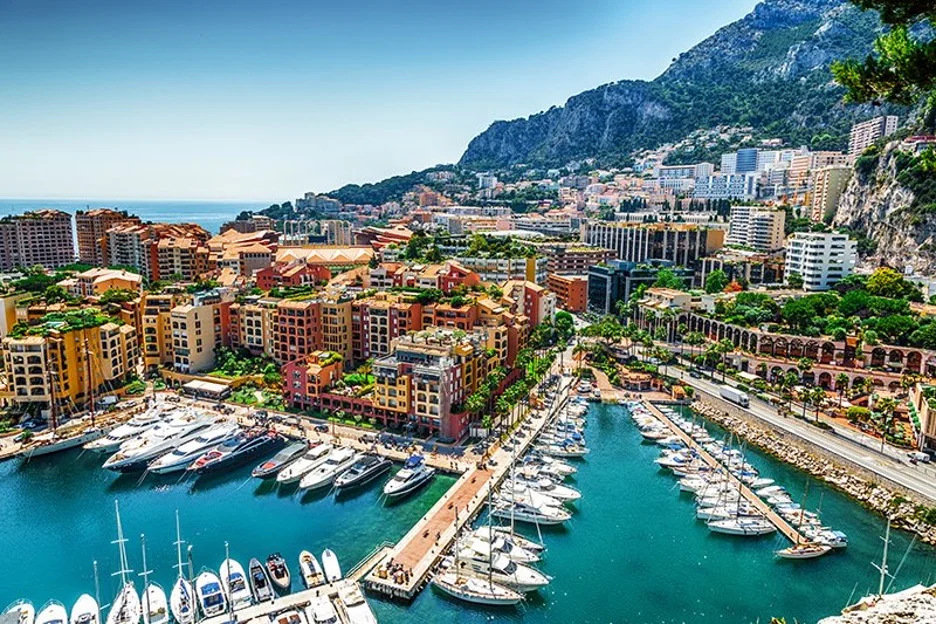
Long before sustainability became a buzzword, Prince Albert II of Monaco and investment banker Mungo Park founded CleanEquity, a private conference designed to connect emerging sustainable technologies with Monaco’s leading investors.
“It was at breakfast,” recalls Mungo Park when asked how he and Prince Albert II of Monaco came up with the idea for CleanEquity. “Prince Albert has had a huge passion for the environment for as long as I’ve known him. He wanted to do something.”
Mungo Park is the Chairman of Innovator Capital, a specialist corporate advisory firm focusing on health and climate change technology. He is also the co-founder of CleanEquity, a private conference that takes place in the Principality. Each year, up to 30 companies, shortlisted by Innovator Capital, come to Monaco to present their work in hopes of securing financing, finding new business partners, or raising their international profile.
CleanEquity offers emerging companies a unique opportunity to fast-track their business. In the 12 years of the conference, the more than 300 CleanEquity companies have collectively raised nearly $2 billion.
Mungo Park’s involvement in sustainable technologies began after witnessing a bus spew exhaust over schoolchildren waiting at a bus stop. “I thought it was crazy,” he says. “I got to the office and told everyone to have a list of companies working on reducing emissions from heavy-duty vehicles ready by the evening.” At the time, the world of sustainable investment was in its very early days.
The business world has almost been forced to embrace sustainability. This necessity for virtue signaling is perhaps best exemplified by Shell’s Twitter poll asking users what they were doing to reduce carbon emissions—while completely ignoring the company’s own role in the fossil fuel industry.
The investment community tends to be very experienced in what they do, which can sometimes lead to investors taking advantage of innovators who lack knowledge of the capital market.
A similar trend can be seen in venture capitalism. Pressure from investors has led to a surge in companies declaring their sustainability data. Yet, according to Mungo Park, the clash of interests between investors and sustainable innovators remains very much a reality. “Our responsibility, we believe, is to the scientists, the innovators,” he says. “The venture capital community is built around the model of making money for their investors, whereas the innovator is focused on getting their product to as many people as quickly as possible, which can often lead to conflict.”
However, Mungo Park suggests that this scenario might change in the future. “The investment community is growing up and maturing, thanks in part to the arrival of more Millennials every year,” he says. The influx of Millennials seems to be changing mindsets. Studies show that green-conscious Millennials have reshaped the way wealthy families invest their money: 7 out of 10 wealth creators say that Millennials have influenced them to invest more sustainably.
“If you have more Millennials and a better gender balance, then you have a better sense of social responsibility,” says Park.
All members of the Innovator Capital team are in their 30s or younger, with an equal gender balance—another key to changing the investment world, according to Mungo Park. “In my experience, men tend to be more confrontational and want to win by any means,” he says, “whereas women tend to collaborate. They know that there are ways to get things done without fighting.” So, are Millennials and a better gender balance the ideal combination to ensure that impact investment is more than just a trend? “Sustainability is trendy, but on the other hand, anyone born after 1980 has had some kind of education on climate and the environment,” he says. “So, if you have more Millennials and a better gender balance, then you have a better sense of social responsibility.”
What about the impact of COVID-19 on impact investment? While studies have shown that companies with good ESG (Environmental, Social, and Corporate Governance) records fared better during the coronavirus market crash, more than 8 out of 10 investors globally say their company has demoted ESG as an investment criterion following the COVID-19 financial crisis. This suggests that for some, sustainability may indeed be a trend that will come and go.
One thing is certain: in Monaco, sustainability is here to stay. Prince Albert’s lifelong passion for the environment is a legacy passed down from his great-grandfather, Prince Albert I, who devoted much of his life to the study of the seas and the ocean. In nomen est omen, as some would say.
“Prince Albert attends the CleanEquity award ceremony because he wants to mingle with the companies and learn about their work. The wonderful thing is that he genuinely means it. This isn’t just trendy for him—look at his Foundation. In Asia, he’s been known as the ‘Green Prince’ for as long as I can remember,” adds Mungo Park. “How cool is that?”
 Albania
Albania Algeria
Algeria Andorra
Andorra Argentina
Argentina Armenia
Armenia Australia
Australia Austria
Austria Azerbaijan
Azerbaijan Bahrain
Bahrain Belgium
Belgium Bolivia
Bolivia Brazil
Brazil Bulgaria
Bulgaria Cambodia
Cambodia Cameroon
Cameroon Canada
Canada Chad
Chad Chile
Chile China
China Colombia
Colombia Costa Rica
Costa Rica Croatia
Croatia Cyprus
Cyprus Czechia
Czechia Denmark
Denmark Ecuador
Ecuador Egypt
Egypt Finland
Finland France
France Georgia
Georgia Germany
Germany Ghana
Ghana Greece
Greece Hungary
Hungary Iceland
Iceland India
India Indonesia
Indonesia Ireland
Ireland Italy
Italy Jamaica
Jamaica Japan
Japan Jordan
Jordan Kazakhstan
Kazakhstan Kenya
Kenya Kuwait
Kuwait Latvia
Latvia Lebanon
Lebanon Libya
Libya Lithuania
Lithuania Luxembourg
Luxembourg Malaysia
Malaysia Maldives
Maldives Mali
Mali Malta
Malta Mexico
Mexico Moldova
Moldova Monaco
Monaco Morocco
Morocco Netherlands
Netherlands New Zealand
New Zealand Nigeria
Nigeria North Macedonia
North Macedonia Norway
Norway Oman
Oman